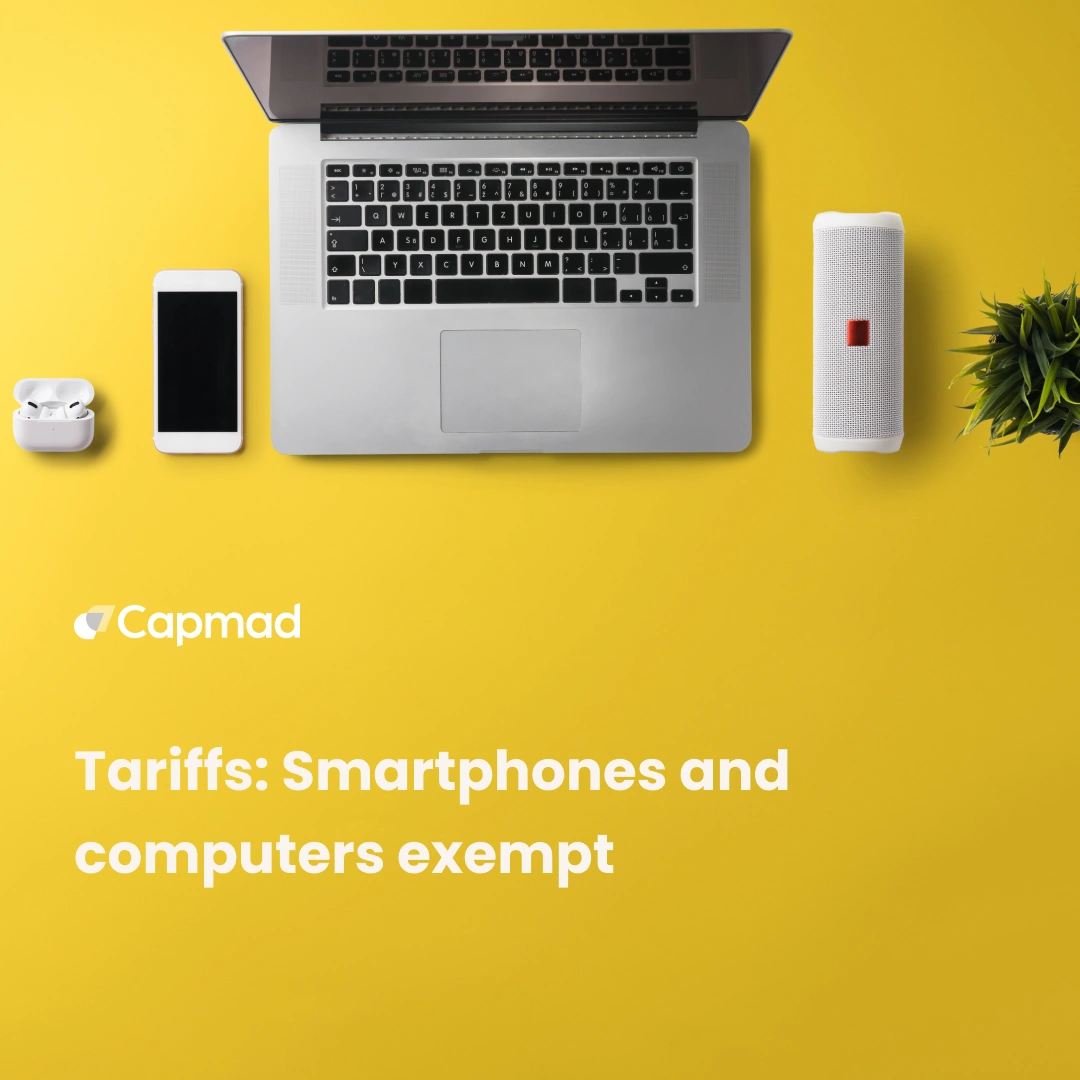Dubai has transformed itself into a true economic hub and a center of global influence over the past few decades. To pool efforts between decision-makers, leaders, and influential business people, CrossLink Africa is organizing a high-level meeting in Dubai from April 21 to 24.
A Complex Economic Context
Africa has experienced significant economic growth over the past two decades, with an average annual growth rate of 4.5% between 2000 and 2019. However, this growth has been uneven and has often been hampered by structural issues such as political instability and a lack of infrastructure. According to the World Bank, approximately 40% of the African population still lives below the poverty line, highlighting the need for concerted action to improve living conditions.
The Importance of Coordination
Coordination between various economic actors is essential to maximize the impact of public policies and private initiatives. Policymakers must work closely with business leaders to create an enabling environment for investment.
For example, in 2020, the Africa CFTA Initiative was launched to facilitate intra-African trade, with the goal of increasing trade between African countries by 52% by 2022. However, for this initiative to succeed, it is crucial that governments and the private sector commit to reducing trade barriers and harmonizing regulations.
Challenges Ahead
Despite these efforts, several challenges persist. The fragmentation of African markets, with more than 50 countries having different regulations and tax systems, complicates the task of companies wishing to operate on a continental scale.
Furthermore, the COVID-19 pandemic has exacerbated these challenges, causing the African economy to contract by 2.1% in 2020, according to the International Monetary Fund (IMF). This situation has highlighted the need for a coordinated response to revive the economy and support the most affected sectors.
Towards Better Economic Collaboration
To improve the coordination of economic actions, several measures can be considered:
Creating dialogue platforms: It is essential to establish forums where policymakers, business leaders, and businesspeople can exchange ideas and best practices. These platforms can facilitate mutual understanding of each other’s issues and priorities.
Building Institutional Capacity: Governments must invest in strengthening the capacity of their institutions to better meet the needs of the private sector. This includes training civil servants on contemporary economic issues and establishing regular consultation mechanisms with the private sector.
Promoting Innovation: Encouraging innovation and entrepreneurship is crucial to driving economic growth. Governments can support startups and innovative companies by offering tax incentives and facilitating access to financing.
Public-Private Partnerships: Partnerships between the public and private sectors can play a key role in developing critical infrastructure, such as roads, ports, and power grids. These projects can not only create jobs but also improve the business environment.
CrossLink Africa: Shaping the Economic Future Together
Coordinating economic actions in Africa between policymakers, business leaders, and influential business leaders is a major challenge for the continent’s development.
By working together, these actors can overcome economic challenges and create an environment conducive to sustainable growth. With a young and dynamic population, Africa holds all the cards to become a major economic player on the global stage. It’s time to act in concert to transform this potential into reality.
To this end, CrossLink Africa is bringing together the cream of Africa’s financial elite for four days in Dubai. Use the Capmad promo code (Capmad20) and join the program.






